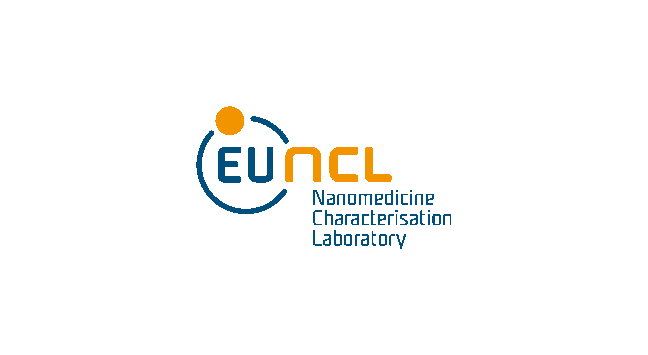Funded projects
We carry out a wide range of research projects, often in collaboration with partners in academia and in industry. Explore the diverse portfolio of funded research projects we work on and see how we are delivering global change.

Long-Acting/Extended Release Antiretroviral Resource Program (LEAP)
CELT investigators sit on the Executive Board of LEAP and run a modelling and simulation core to support development and implementation of long-acting medicines for HIV, viral hepatitis and tuberculosis treatment and prevention.

AGILE - Clinical trial platform
This trial is now complete. The platform was a new type of study designed for pandemic drug testing, a world-first for infectious diseases – capable of testing multiple potential treatments in parallel and speeding up testing by pooling control data across patient groups.

Long-acting Therapeutics - Tandem Nano Ltd.
Supporting research on a portfolio of commercial long-acting medicine development activities happening within University of Liverpool spin-out Tandem Nano Ltd.

LONGEVITY Project
CELT researchers are working with colleagues across the globe to develop interventions for malaria chemoprophylaxis, tuberculosis prevention and treatment of hepatitis C virus. Co-funding to establish CELT was provided through this award.

Target exposures of rifapentine for long-acting formulations
Our part in this research is now complete. Supporting a collaboration with Johns Hopkins University, this work served to better understand the compatibility of tuberculosis treatments with long-acting drug delivery.

An injectable implant providing long-acting drug delivery for the treatment of chronic disease
Our part in this research is complete. We developed a new drug delivery system that could be easily injected into the body and would provide long-acting drug release.

SAFE-N-MEDTECH - safety testing in the life cycle of nanotechnology-enabled medical technologies for health
SAFE-N-MEDTECH is building an innovative open access platform to offer to companies and reference laboratories, the capabilities, knowhow, networks and services required for the development, testing, assessment, upscaling and market exploitation of nanotechnology-based Medical and Diagnosis Devices.

REFINE - Regulatory Science Framework for Nano(bio)material-based Medical Products and Devices
REFINE has identified significant biological and technological gaps in the approval framework for nanomedicines, in Europe, and is developing and validating analytical approaches to produce a “smart cascade” based on the biodistribution and biocompatibility testing of candidate materials.

OPTIMIZE
The OPTIMIZE project is complete. It was an international collaboration of partners with a shared ambition to optimise the delivery and use of antiretroviral drugs. CELT investigators were involved in development of oral formulations of utility in simplification of adult and paediatric drug delivery.

Pharmacological strategies to use the Levonorgestrel Implant in HIV-infected women
Our part in this research is complete. The work aimed to determine the impact of pharmacogenetics and drug-drug interactions on the pharmacokinetics of contraceptives delivered via subcutaneous implants.

European Nanotechnology Characterisation Laboratory
Supporting the development of nanomedicines through to clinical studies. CELT investigators are the only UK partners in the EUNCL infrastructure and lead the assays groups on immunological and haematological characterisation of nanomedicines.

Harnessing potent next-generation diarylquinolines (DARQs) for long-acting injectable formulations to prevent and treat tuberculosis (TB)
Supporting a collaboration with Johns Hopkins University to develop long-acting injectable (LAI) formulations of next-generation diarylquinolines (DARQs) with and without possible companion agents for TB preventive therapy (TPT) and for use during the continuation phase of active TB treatment.

Repurposing approved drugs as potent antiviral combinations to treat COVID-19 disease
Supporting a collaboration between Queens University Belfast, University of Oxford and CELT investigators, this project aims to validate a drug screening pipeline platform for robust and rapid progression of drug combinations against Sars-CoV-2 through the preclinical pipeline.